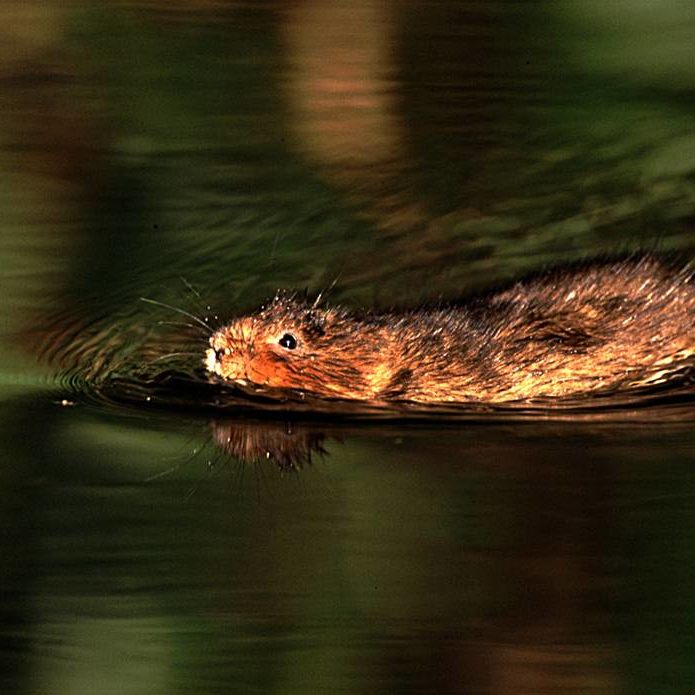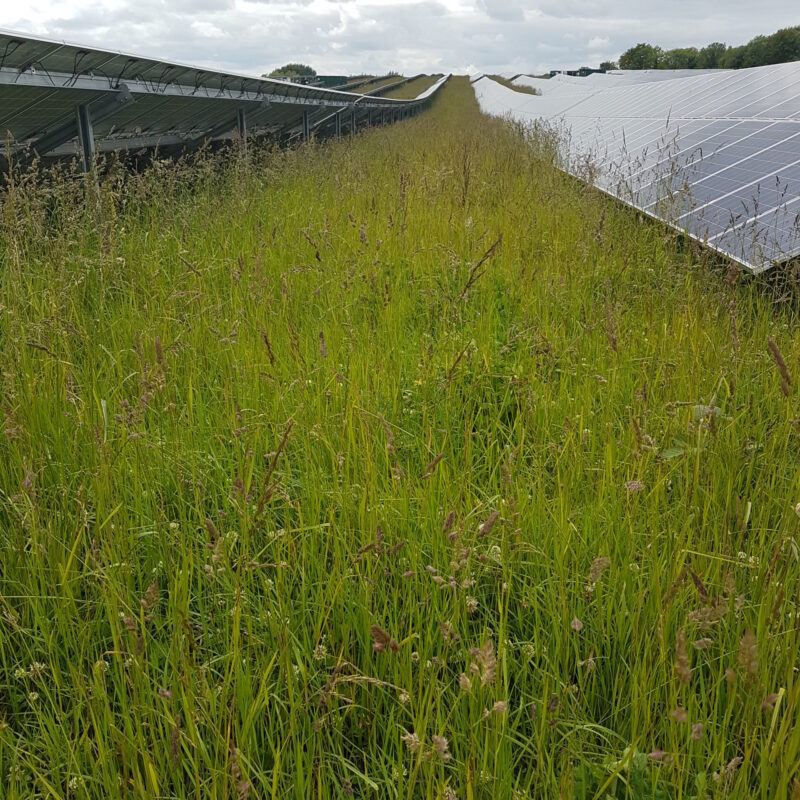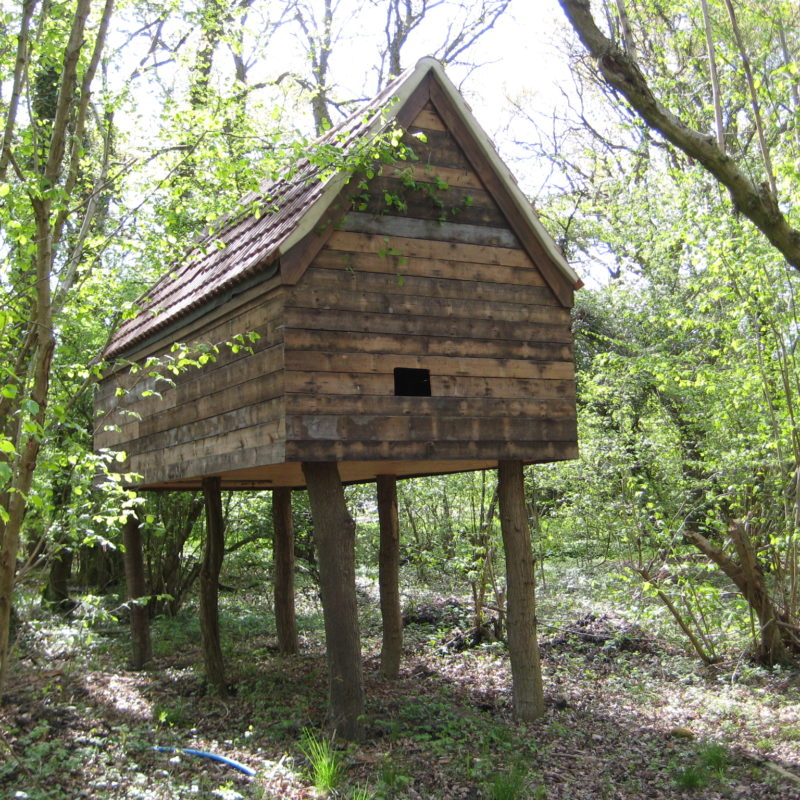Within the field of large scale solar we have undertaken numerous studies into the impacts of photovoltaics upon biodiversity. This has included a part industry funded study in partnership with Wychwood Biodiversity which is available here. This was the first large scale project of its kind in the UK looking at the impact of solar farms on biodiversity.
We are also involved in an annual report which analyses results of ecological monitoring which was initially self-published as the ‘Solarview’ report; Solarview 2018 Solarview 2019 Solarview 2020. The findings are now published in collaboration with Solar Energy UK and is known as “Solar Habitat” Solar Habitat 2023 Solar Habitat 2024.
The data we collect on an annual basis during our monitoring of large scale PV arrays was also used by Lancaster and York Universities to test their Solar Park Impacts on Ecosystem Services [SPIES] tool, which aims to improve the quality of biodiversity led management within operational arrays. The results were published in Renewable and Sustainable Energy Reviews.
We are proud to have been involved in a Knowledge Transfer Partnership with Lancaster University, part-funded by InnovateUK, looking into the natural capital services delivered by operational solar arrays with a particular focus on soils and we are continuing to build on this relationship with many more projects in the pipeline.
We have also worked with local authorities and other organisations on surveying the status of wildlife populations so as to inform management plans and development proposals. This has included partnering with the BASC to survey the upper reaches of the River Tone for Water vole and developing management prescriptions for the rivers to better promote water vole conservation and research in Central Bath which demonstrated the importance of the River Avon as a commuting corridor for horseshoe bats throughout the year. This work led on to the publication of a new design guide for the Bath Enterprise Zone aimed at promoting ecologically sensitive and appropriate development along the banks of the River Avon.
One of our principal ecologists, Harry Fox, is widely regarded as a leading authority within the UK on the design of artificial lighting for bats. He has worked closely with the Bat Conservation Trust and the Institute of Lighting Professionals to develop national guidance on Bats and Artificial Lighting in the UK.
Tom Clarkson is also involved in a number of steering groups aimed at promoting best practice in biodiversity, including sitting on the Mammal Societies Scientific Advisory Committee and representing the Mammal Society at the Biodiversity in Planning Partnership. He is also co-author of the soon to be published Mammal Society Guidance on Badger survey, assessment and mitigation.
As a corporate supporter of the mammal society, and with the historical links between the business and the society established by Mike Woods many years ago, we take an active role in the charity including developing the mammalian elements of the Wildlife Assessment Check tool for the partnership for Biodiversity in Planning. Tom is also working alongside other nationally regarded experts to finalise new guidelines on badger survey, assessment and mitigation which is due to be published by the Mammal Society soon.
Other project work has included undertaking widescale great crested newt surveys on a county level to inform new licensing protocols by Natural England, working closely with the BCT on their research into the effectiveness of bat mitigation and supporting the development of ECOBAT by contributing our archive of sonograms to strengthen the database upon which status and relative abundance are based.



